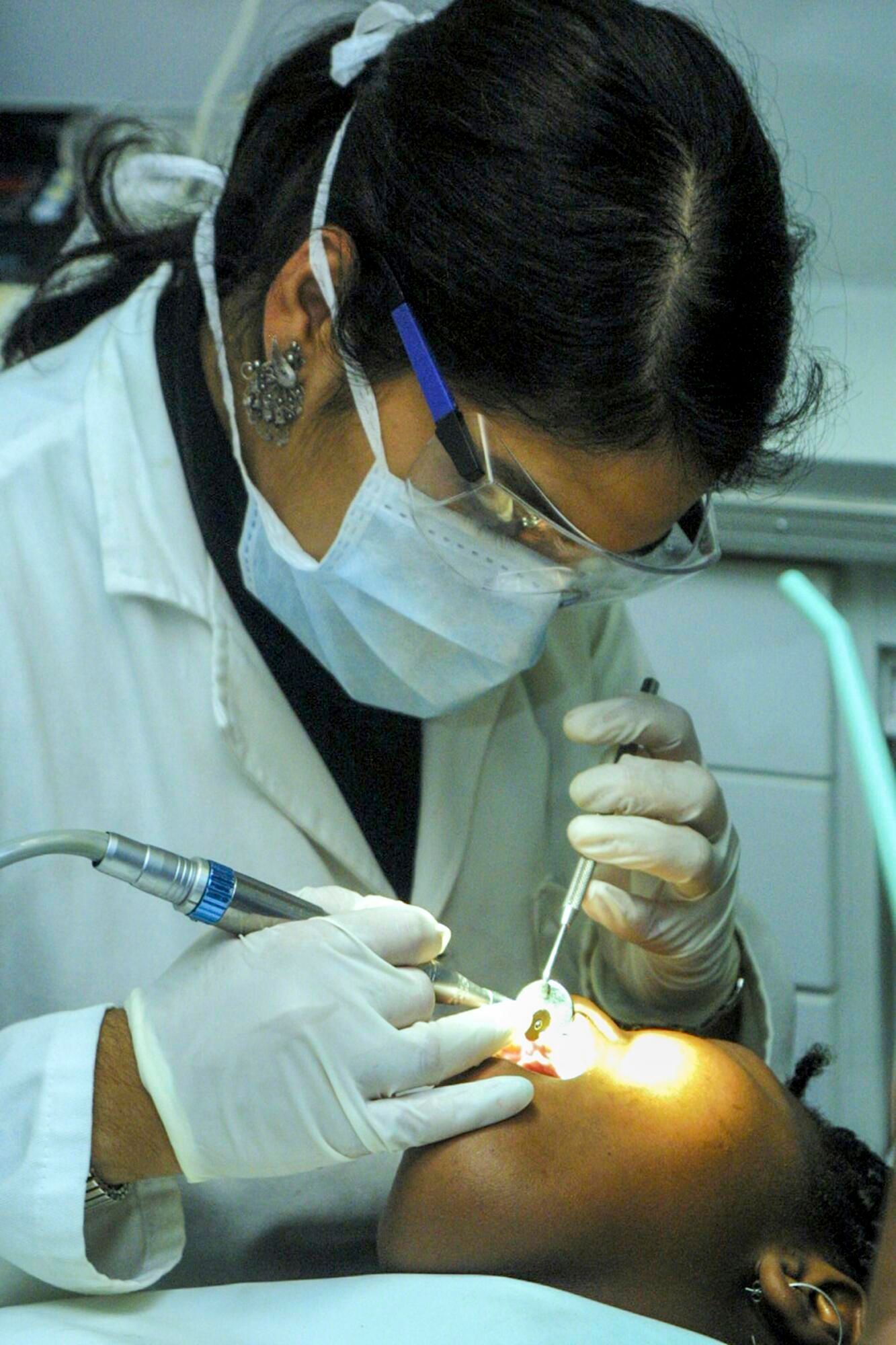According to the American Society of Plastic Surgeons, eyelid surgery ranked the fourth most common cosmetic surgical procedure in the United States. While blepharoplasty effectively rejuvenates the eye area, achieving comprehensive face harmony often involves combining it with other facial procedures.
Today, we're examining how integrating blepharoplasty with complementary treatments can enhance facial aesthetics and improve symmetrical facial features.
What Is Blepharoplasty and How Does It Affect Facial Balance?
Blepharoplasty is a surgical procedure that reshapes the upper or lower eyelids by removing or repositioning excess skin, muscle, or fat. It helps reduce drooping, puffiness, and wrinkles around the eyes.
While this procedure improves the eye area, it does not address overall facial proportions. True face harmony requires a balance among all features.
There are three primary ways blepharoplasty affects facial aesthetics enhancement:
- It refreshes the eye area
- It improves symmetrical facial features
- It enhances other facial procedures
A More Youthful Look
The eyes are one of the first areas to show signs of aging. Droopy eyelids and bags under your eyes can make you look tired or older than you are. By removing excess tissue, blepharoplasty creates a more open and alert appearance.
The change can make the rest of the face look fresher, but if deeper wrinkles or sagging skin remain, additional procedures may be needed to enhance facial aesthetics fully.
Improving Symmetry
Uneven eyelids can affect symmetrical facial features. One eye may appear smaller or lower than the other, throwing off balance. Blepharoplasty corrects these differences, helping the eyes match more closely.
While the surgery improves symmetry in the eye area, it does not correct the nose, cheeks, or jawline imbalances, which may need separate treatments.
Enhancing Other Procedures
Blepharoplasty works best when combined with treatments that address the rest of the face. A refreshed eye area can highlight sagging in the lower face or forehead.
Procedures such as facelifts, brow lifts, or dermal fillers help maintain face harmony, ensuring no single feature stands out unnaturally. When planning cosmetic work, many combine treatments for the best long-term results.
The Role of Other Facial Procedures in Creating Face Harmony
Blepharoplasty can refresh the eye area, but facial balance requires more than one procedure. Features must work together to create holistic facial harmony.
The face may still look uneven if the forehead, nose, or jawline remain out of proportion. Many people choose to combine treatments to achieve a natural and well-proportioned look.
There are three main ways other procedures support face harmony:
- They improve facial balance techniques by addressing different parts of the face
- They help with improving facial symmetry when one side of the face looks different from the other
- They contribute to a smoother and more youthful appearance, complementing eyelid surgery.
Supporting Facial Balance
Each feature affects how the others look. The results may not look natural if the forehead droops while the eyelids are lifted. A brow lift can keep the forehead in proportion, preventing heaviness above the eyes.
A rhinoplasty can refine the nose, helping the upper and lower parts of the face work together. A chin augmentation can adjust proportions so that no single feature stands out.
Symmetry
Many people have some natural asymmetry, but when one side of the face looks noticeably different, it can affect overall appearance. Dermal fillers can add volume to balance differences in the cheeks, while facial fat transfer can smooth out uneven areas. When combined with blepharoplasty, these treatments help achieve improving facial symmetry.
Enhancing a Youthful Look
Loose skin, fine lines, and volume loss can make the face look older. Facelifts, skin resurfacing, and Botox can work with blepharoplasty to refresh the entire face. These treatments allow for a more even and long-lasting outcome, creating holistic facial harmony.
Non-surgical Options to Support Facial Aesthetics Enhancement
Surgical procedures can reshape the face, but non-surgical treatments help maintain and refine results. Some of these options work by adding volume, while others smooth wrinkles or improve skin texture. Combined with blepharoplasty, these treatments enhance facial aesthetics by creating a more balanced and refreshed appearance.
Three primary non-surgical treatments complement eyelid surgery:
- Dermal fillers restore lost volume and correct minor asymmetries
- Botox relaxes muscles that cause wrinkles and heaviness
- Laser skin resurfacing improves skin tone and texture
Dermal Fillers for Volume and Balance
Loss of volume in the cheeks, temples, or under the eyes can make facial features look uneven. Dermal fillers restore fullness and help improve symmetrical facial features by closely matching both sides of the face.
Combined with blepharoplasty, they can soften hollows under the eyes and create a smoother transition between the eyelids and surrounding areas.
Botox for a Smoother Look
Wrinkles on the forehead and around the eyes can make eyelid surgery results less noticeable. Botox relaxes these muscles, reducing deep lines and preventing new ones from forming. It can also keep the brows from pulling downward, which helps maintain holistic facial harmony after blepharoplasty.
Laser Skin Resurfacing for Texture and Tone
Uneven skin tone or fine lines can distract from surgical improvements. Laser skin resurfacing removes damaged layers of skin, making the face look smoother and more even. This treatment works well after blepharoplasty, helping the skin appear fresh and youthful while enhancing facial aesthetics.
Improving Facial Symmetry
Achieving face harmony requires more than a single procedure. Blepharoplasty can refresh the eyes, but combining it with other treatments creates a more balanced look. Whether through surgery or non-surgical options, a thoughtful approach ensures natural results. A well-planned treatment enhances symmetry, proportion, and overall facial aesthetics enhancement.
TERSA Oral & Facial Surgery provides expert oral and facial care in Lutz and the Tampa Bay area. Led by Dr. Andrés Guerra-Andrade, a board-certified oral surgeon, our practice offers dental implants, wisdom tooth extractions, sedation dentistry, and more. We focus on advanced treatments, minimal discomfort, and personalized care to help you achieve a healthy, pain-free smile with confidence.
Get in touch today to find out how we can
help with your look!




